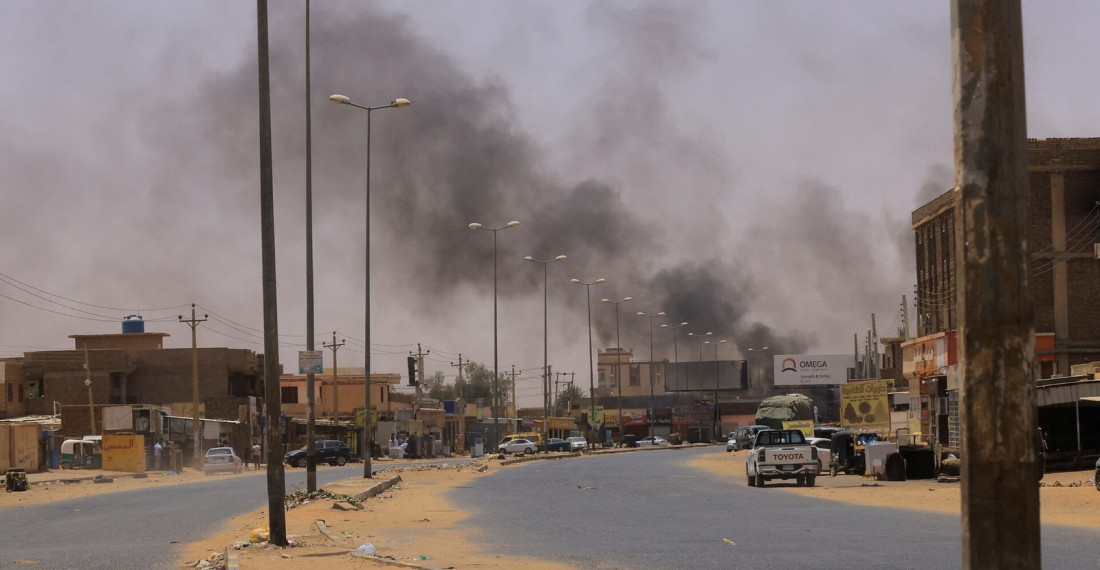The Sudanese paramilitary Rapid Support Forces (RSF) attacked a village in Gezira State on Wednesday (5 June), killing at least 100 people, according to local activists. If confirmed, this would mark the latest in a series of attacks by RSF soldiers on small villages across the farming state since they took control of the capital, Wad Madani, in December. A telecommunications blackout prevented different media sources from immediately reaching medics or residents to verify the death toll. "Wad Alnoura village ... witnessed a genocide on Wednesday (5 June) after the RSF attacked twice, killing up to 100 people," the pro-democracy Wad Madani Resistance Committee said in a statement on social media late Wednesday. Later, they reported that the number of dead was in the hundreds and that the Sudanese army had not responded to a request for help.
The RSF began fighting the army in April 2023 following disputes over integrating the two forces. Since then, the RSF has taken over the capital, Khartoum and most of western Sudan, and it is now seeking to advance into the centre, with United Nations agencies warning that the people of Sudan are at "imminent risk of famine." In a statement on Wednesday, the RSF said it had attacked army and allied militia bases around Wad Alnoura but did not acknowledge any civilian casualties. However, the Wad Madani Resistance Committee accused the RSF of using heavy artillery against civilians, looting, and driving women and children to seek refuge in the nearby town of Managil. They shared photos showing dozens of bodies wrapped for burial in an open square among large crowds of men. "The people of Wad Alnoura called on the army to rescue them, but they shamefully did not respond," the committee said. The army-aligned Transitional Sovereign Council condemned the attack, stating, "These are criminal acts that reflect the systematic behaviour of these militias in targeting civilians."
Source: commonspace.eu with other agencies
Photo: Smoke rises in Omdurman, near Halfaya Bridge, during clashes between the Paramilitary Rapid Support Forces and the army as seen from Khartoum North, Sudan, on 15 April 2023. Reuters







